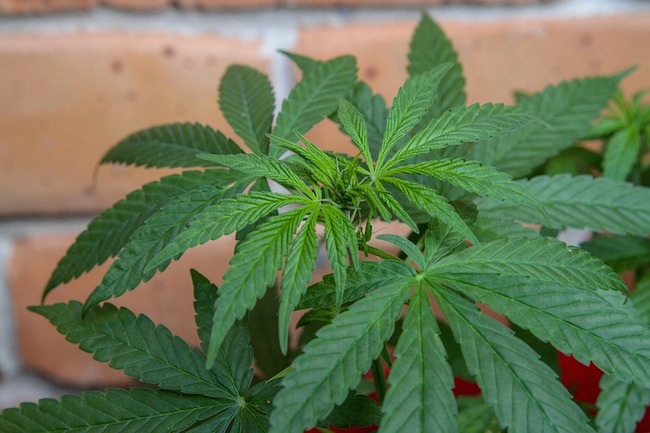73% Of Oncology Providers See Benefit Of Medical Marijuana from Natural Blaze
GNN Note – It will be great to see studies on CBD and the effects, if any, on cancer, autism and other diseases that running rampant in our society.
******
A University of Colorado Cancer Center study presented at the American Society for Clinical Oncology (ASCO) Annual Meeting 2019 shows that while 73 percent of surveyed oncology providers believe that medical marijuana provides benefits for cancer patients, only 46 percent are comfortable recommending it. Major concerns included uncertain dosing, limited knowledge of available products and where to get them, and possible interactions with other medications.
“I think in some cases we’re missing out on providing a useful tool. Providers think it has benefit, but aren’t comfortable recommending it,” says Ashley E. Glode, PharmD, assistant professor at the Skaggs School of Pharmacy and Pharmaceutical Sciences, and the study’s first author.
Survey respondents included 48 specialized oncologists, 47 physicians, 53 registered nurses, 17 pharmacists, and 7 “other” oncology providers. Seventy-nine percent reported that educational programs both during training and as continuing medical education courses could increase their comfort level with medical marijuana prescribing. Interestingly, 68 percent of providers reported receiving information about medical marijuana from their patients – the next most common sources of information were news media (accessed by 55 percent of providers), and other providers (53 percent).
“We asked and most providers didn’t train in a state where medical marijuana was legal. We need to adapt our healthcare education to include this, and also offer trainings on medical marijuana to current providers,” Glode says.
Providers also reported legal and regulatory concerns, especially providers working in academic medical centers who expressed uncertainty whether recommending medical marijuana could jeopardize federal funding (marijuana remains a U.S. Drug Enforcement Agency Schedule 1 drug). Providers felt as if additional clinical data describing the effectiveness of medical marijuana and endorsed guidelines describing the conditions and situations in which it should be used would increase their comfort in prescribing.




